As global concerns about young people’s mental health, online safety, and digital dependency rise, lawmakers across continents are moving toward a bold new idea: banning social media access for users under 16.
A proposal now circulating in Europe, and mirrored by legislative action in Australia, suggests the world may be entering a new era of stricter online protections for minors.
EU pushes for stricter age restrictions
The European Parliament has called for a region-wide prohibition on social media use for anyone younger than 16. The proposal marks one of the bloc’s strongest stances yet on safeguarding minors online, adding new urgency to a debate that has intensified alongside reports linking heavy social media use to anxiety, depression, and cyberbullying among young teens.
The call, which is not binding, comes as Australia is poised to institute the world’s first social media ban for children younger than 16 and as Denmark and Malaysia also plan bans.
French President Emmanuel Macron has previously called for EU regulation to ban social media for children under 15, although it is not quite clear how the EU would carry this out, given that it is up to individual EU members to impose age limits.
Parliament’s resolution, backed by 483 votes to 92, with 86 abstentions, called for an EU-wide ban on access for children under 16 to online platforms, video-sharing sites and AI companions without parental consent and an outright ban for those younger than 13.
Proponents in Parliament argue that platforms’ existing age checks are ineffective, allowing children as young as eight or nine to open accounts with ease. A unified 16-and-over requirement, they say, would close that loophole and set a consistent standard across all EU member states.
Lawmakers target tech CEOs for accountability
In a striking escalation, Parliament members are also seeking to hold tech leaders, including Meta’s Mark Zuckerberg and X’s Elon Musk, personally liable if their platforms repeatedly fail to comply with EU rules designed to protect minors.
Quick Reads
View AllSupporters of the measure say personal accountability is necessary to ensure that powerful tech companies take enforcement seriously, rather than simply absorbing fines as routine business expenses. Critics, however, warn it could spark legal battles and raise questions about the limits of executive responsibility.
Australia moves ahead with its own age limit
While Europe debates, Australia is already putting age restrictions into motion. The government is in the process of implementing a national age limit of 16 for social media accounts, with enforcement expected to involve strengthened age-verification systems and stiff penalties for noncompliant platforms.
Australian officials describe the move as a preventative measure aimed at shielding children from online predators, harmful content, and addictive design features. The initiative is being closely watched by other nations considering similar legislation.
As momentum builds on multiple continents, the question is no longer whether governments will act, but how soon under-16 social media bans could become a new global norm.
Snapchat has begun asking teenage Australians to verify their ages, a company spokesperson said Monday, just weeks before Canberra enforces sweeping laws banning under-16s from social media.
From December 10, Australia will force social media platforms, including Facebook, Instagram and TikTok, to remove users under the age of 16 or face hefty fines.
“Starting this week, many users will be asked to verify their age to continue accessing Snapchat,” the company said.


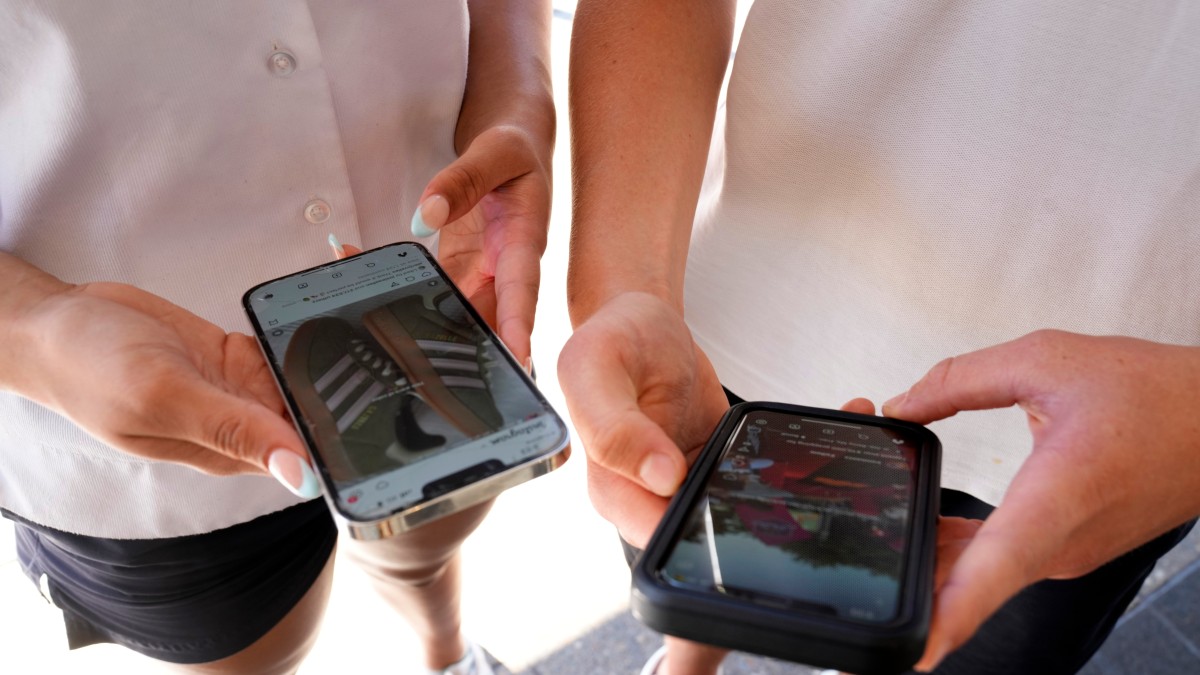)

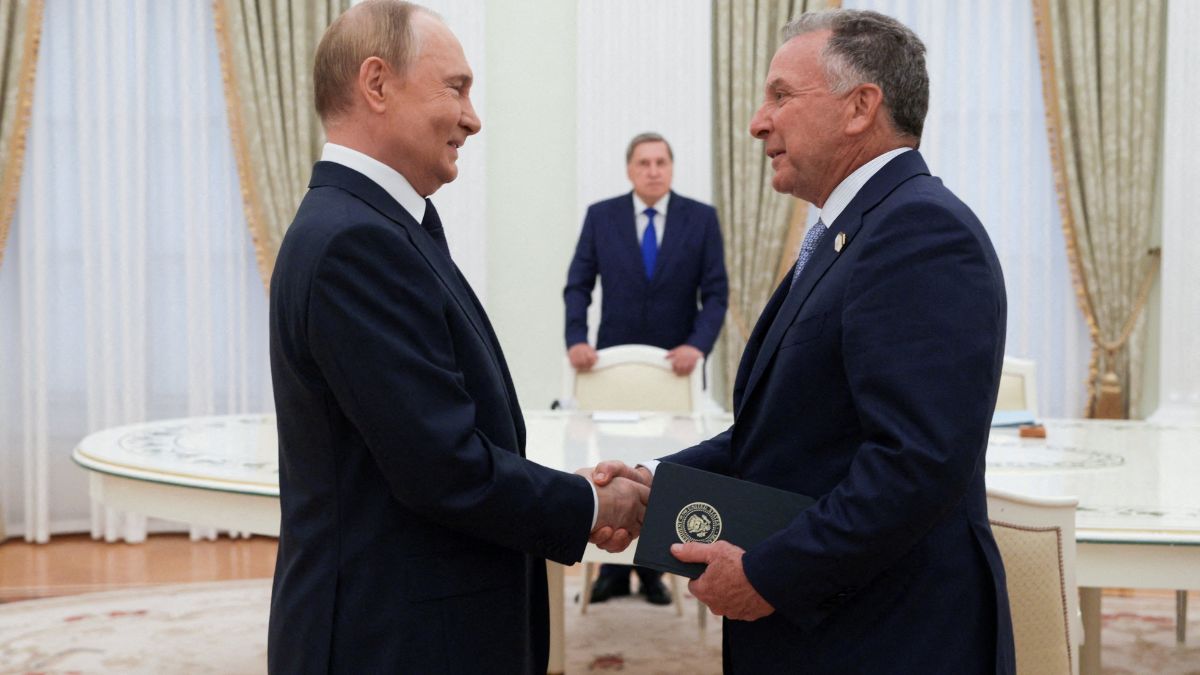)
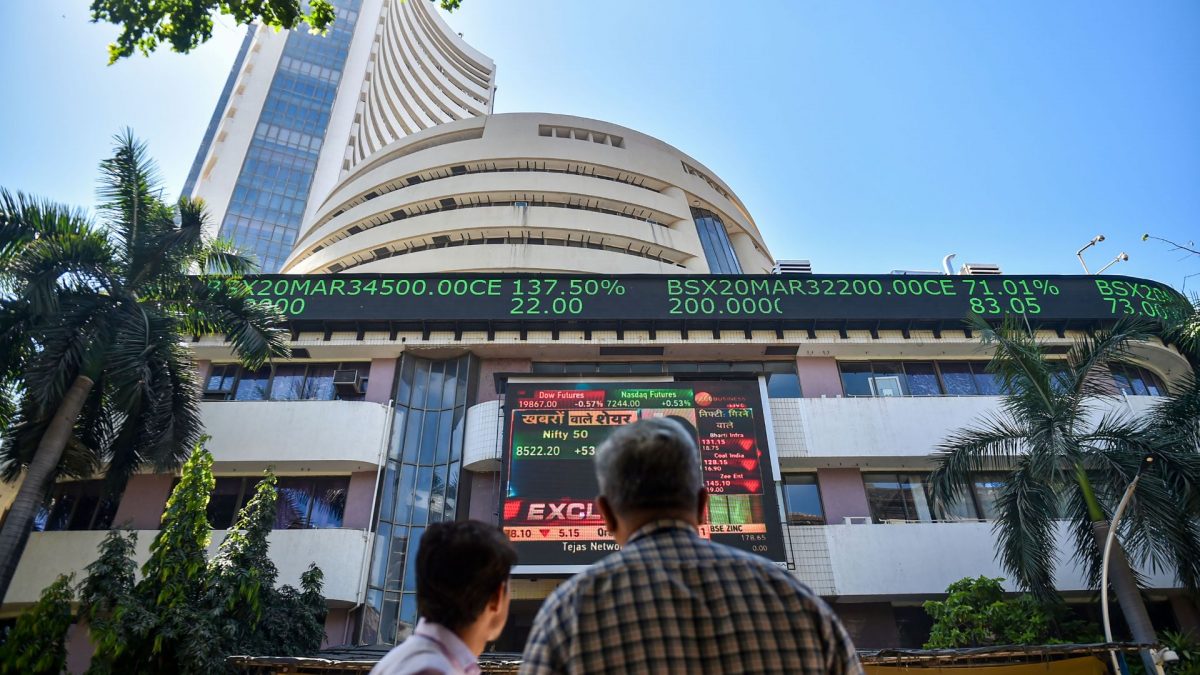)
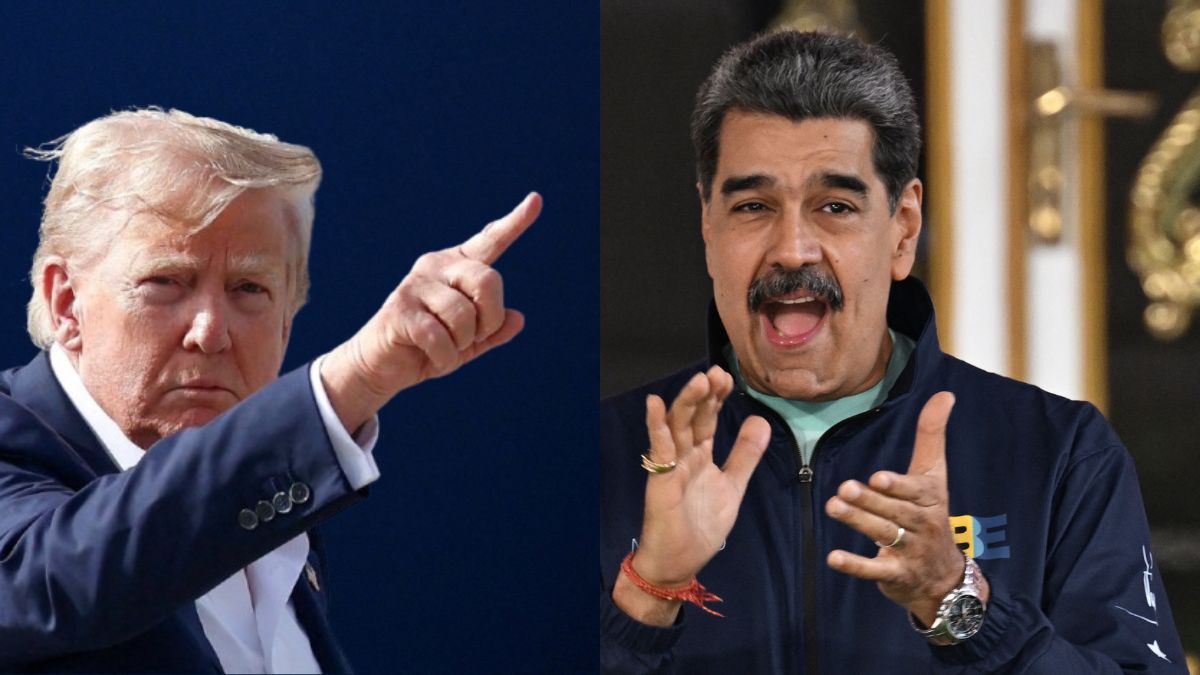)
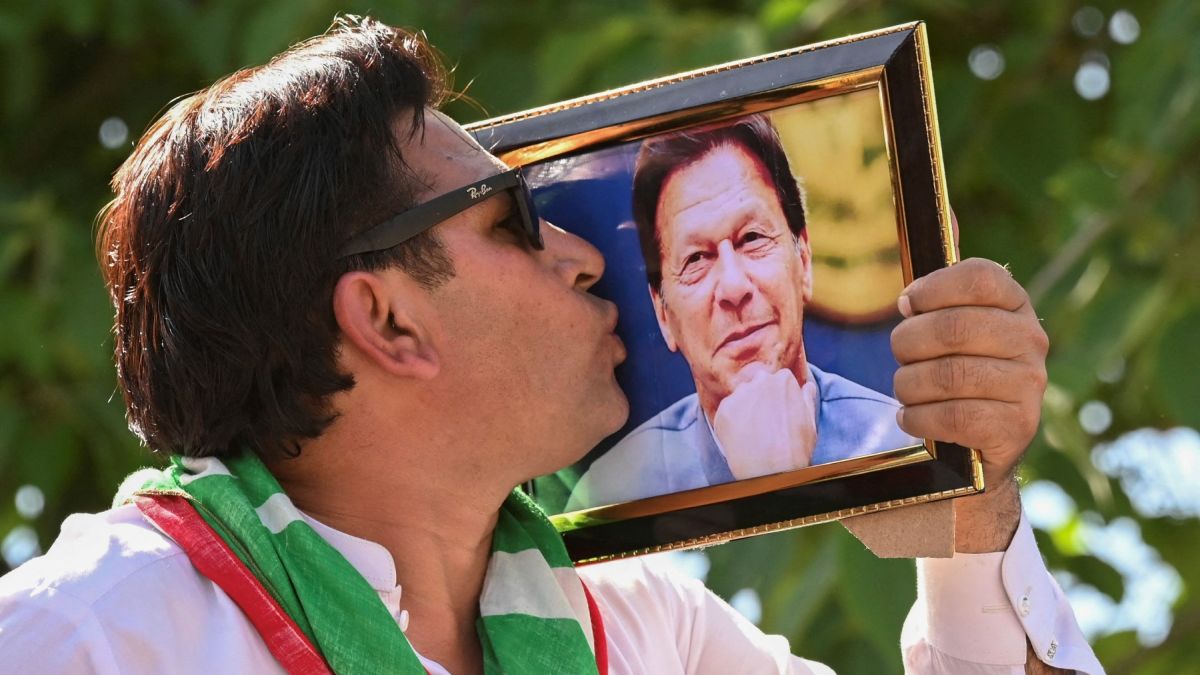)
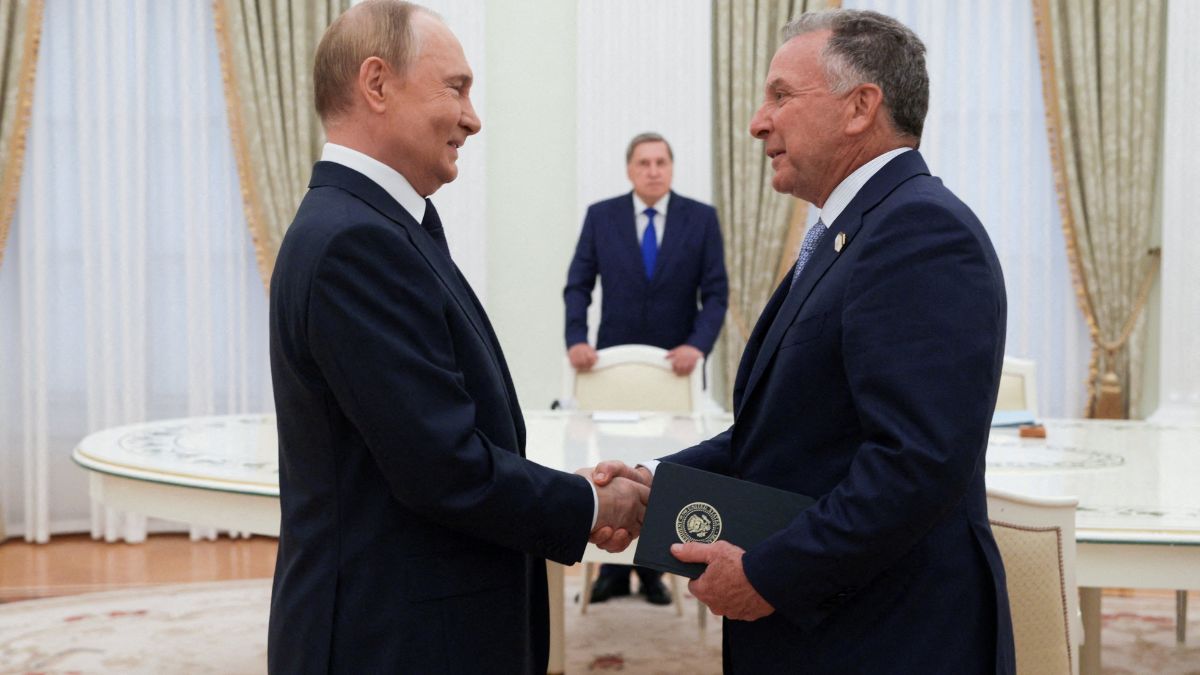)
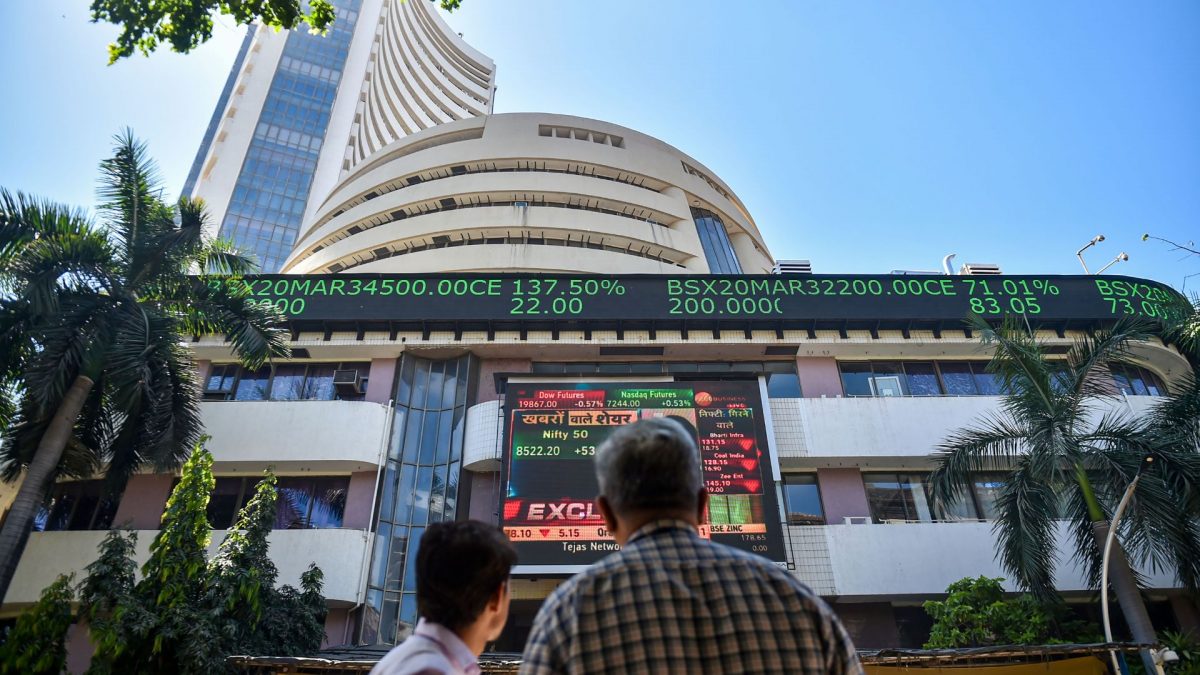)
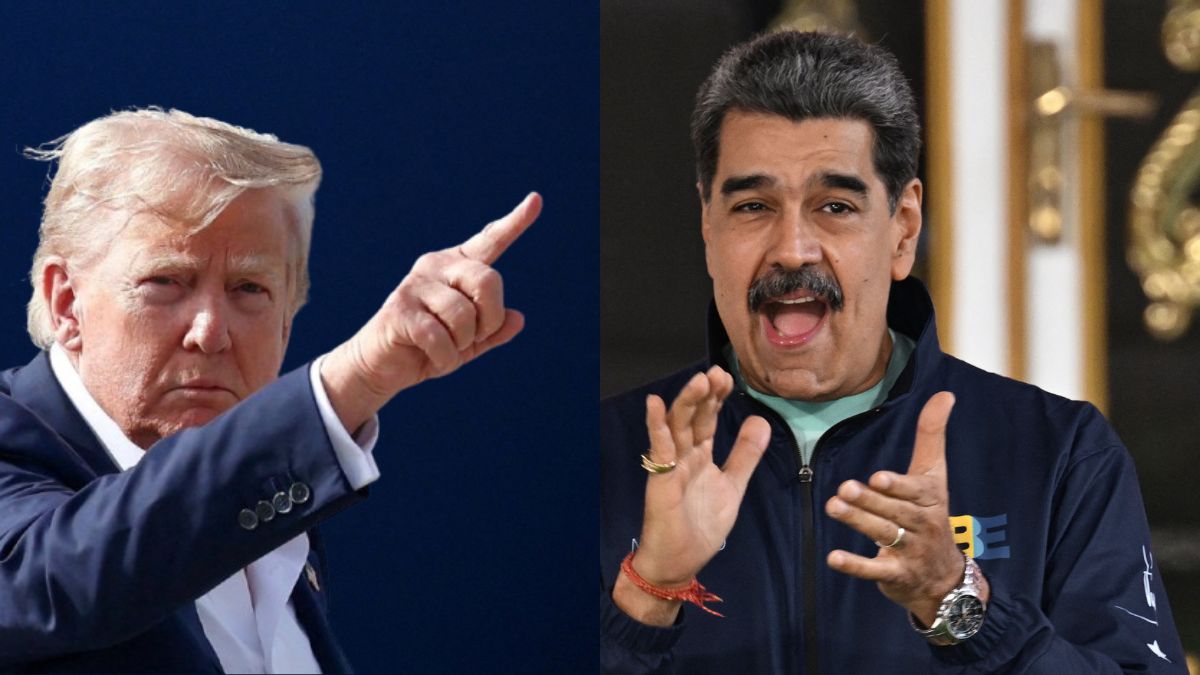)
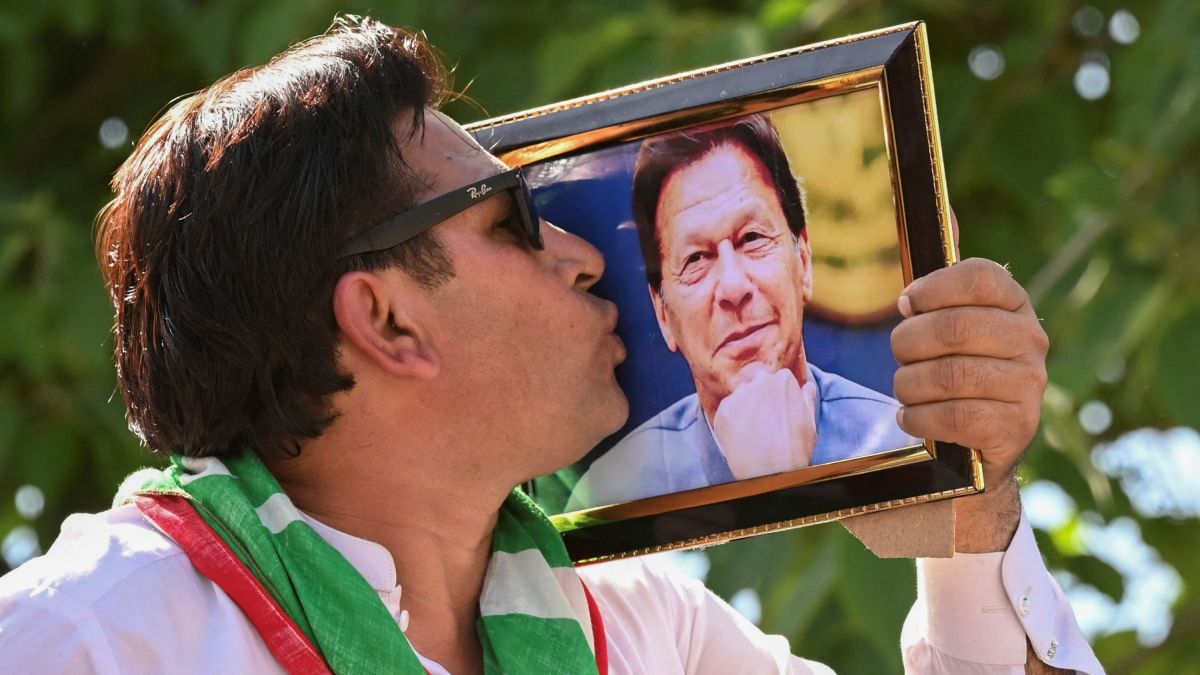)



